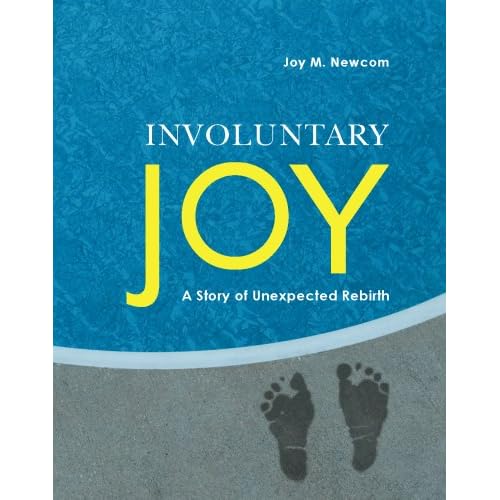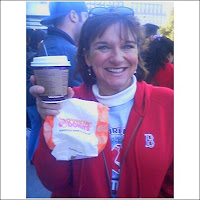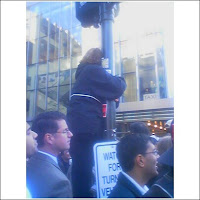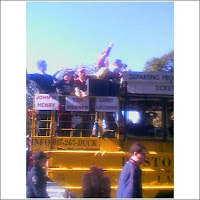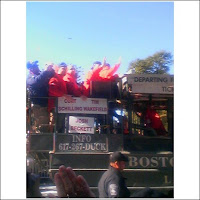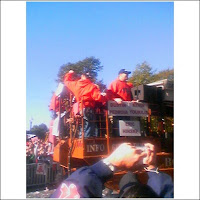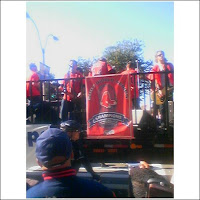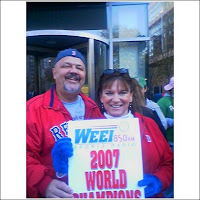According to Google Maps, my journey from Marshfield to Birmingham is 1201 miles – all of it on interstate highways. The path I chose to drive has taken me through one-fifth of our United States: yesterday I saw Massachusetts, Connecticut, New York, and Pennsylvania; today I added Maryland, West Virginia, Virginia, Tennessee, Georgia, and Alabama. And I’m still not to Birmingham. I got so sleepy I had to stop ninety miles short of Ginger.
I’ll be up early. Trust me.
These kinds of road trips are best suited for college students and not fifty-year olds, I think. Somewhere around Wytheville, Virginia my hips started to petrify so I decided to stop and walk for a bit. I went to the visitors’ bureau to find out what was around and discovered the Appalachian Trail crossed I-81 just south of where I was. I added a few miles to my journey and got off the interstate, winding my way up the side of a hill, only to find the park had closed about fifteen minutes before I got there. I looked around and saw the trail going up the hill on the other side of the road, so I parked the car and headed up the hill. I wasn’t too far away from the road when I realized there was a thin layer of snow on the leaves. I kept walking for about twenty minutes when I realized the sun was falling quickly behind the mountain and I wasn’t in the mood to participate in a casting call for the road company of The Blair Witch Project. I retraced my steps and continued my journey on wheels.
stop and walk for a bit. I went to the visitors’ bureau to find out what was around and discovered the Appalachian Trail crossed I-81 just south of where I was. I added a few miles to my journey and got off the interstate, winding my way up the side of a hill, only to find the park had closed about fifteen minutes before I got there. I looked around and saw the trail going up the hill on the other side of the road, so I parked the car and headed up the hill. I wasn’t too far away from the road when I realized there was a thin layer of snow on the leaves. I kept walking for about twenty minutes when I realized the sun was falling quickly behind the mountain and I wasn’t in the mood to participate in a casting call for the road company of The Blair Witch Project. I retraced my steps and continued my journey on wheels.
My friend Doug commented this week that the way we travel these days is unnatural. To be able to fly across country (or countries) in a matter of hours, or drive through ten states in a little over a day are actions our bodies and our minds don’t know how to translate. I’ve known a couple of people who have walked the Appalachian Trail from end to end, which is something like a six month venture. They started in the early spring in the south, so they could get ahead of the heat, and finished in early fall up in Maine, hopefully a little ahead of the winter. They made plans for shoes and supplies to be mailed to them along the way. And then they took off walking, taking in each step of the journey, feeling every bump of the trail.
My friend Billy and I used to make mix tapes whenever we got together. (We didn’t live in the same town.) When I talked to him yesterday and mentioned a mix CD I had made off iTunes, he asked if it was as fun as making a tape. It’s more efficient, but it’s not as fun. Making a cassette meant we had to record in real time – we had to listen to the songs. He and I would take turns choosing songs to add, making the mix a conversation of sorts, each song responding to the one before it and issuing a challenge to the song to follow. We never knew what we had made until it was completed. iTunes is the interstate of mixing: I compiled some great traveling music and I blew right by all the conversation.
Had I not stopped to unfreeze my hips, if you will, I never would have met the dear white haired woman in the visitors’ center who showed me where the Appalachian Trail was and I never would have walked among the tree skeletons, their fallen leaves crunching under my feet and their barren limbs reached skyward receptively.
I’m grateful for the highways that make it possible for me to have a late breakfast with Ginger tomorrow, which we will have to share with the Schnauzers. I understand there are some journeys that need to be mapped. And – I pray for more days lived in human time, sacred time, full of wander and wonder, listening and waiting for the next song.
Peace,
Milton






